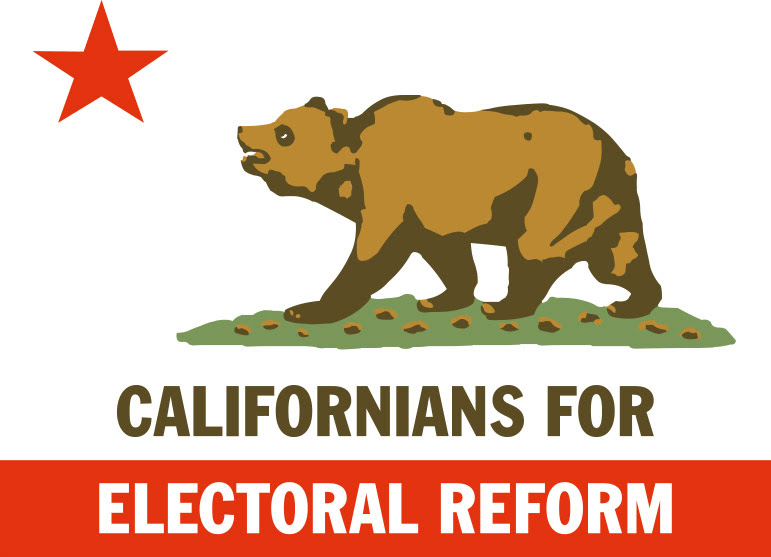The Bay Area Leads the Way in RCV Adoption in California
The cities of San Francisco, Oakland, Berkeley, and San Leandro have adopted RCV in California.
Berkeley
Adopted RCV in 2004 and has been used since 2010 to elect the mayor, city council and city auditor.
Oakland
Adopted RCV in 2006 and used since 2010 for a total of 18 city offices, including mayor and city council.
San Francisco
Adopted RCV in 2002 and used since 2004 to elect the mayor, city attorney, Board of Supervisors and five additional citywide offices.
San Leandro
Adopted RCV as option in a 2000 charter amendment and used since 2010 to elect the mayor and city council.
Cities save the expense of administering primary or runoff elections. In San Francisco, as of 2015, over 20 elections went to multiple rounds of counting, allowing for strong winners out of competitive races without the need for a high-cost, low turnout runoff. In Oakland, there has been a resurgence of grassroots campaigning with emphasis on direct voter outreach, increasing both public awareness of elections and elected official’s connection with their constituents. There has been an increase in elected officials from communities that are historically under-represented in local government as well.
Want to bring RCV to your city or county? Connect with us and find your local CfER chapter.
Elsewhere in the U.S.
Across the U.S., RCV is used to elect city councils in more than two dozen cities, including New York City, Cincinnati, Cleveland, and Boulder. It is used to elect multiple offices in Cambridge, MA and in Minneapolis, MN, and four states use ranked choice ballots to ensure that overseas and military voters can fully express their choices in elections that may go to a runoff. On Election Day 2016, Maine voters even passed a ballot initiative with 52% support to use RCV for the election of their governor, U.S. Senators, U.S. House Members, and both houses of their state legislature. Maine and Alaska are currently the only two states that employ RCV statewide for federal and state general elections, with Hawaii using RCV for special elections.
